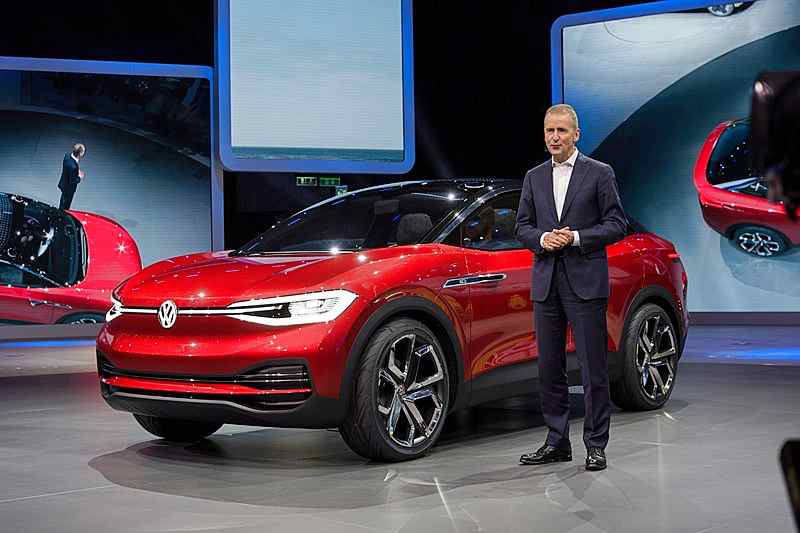In an interview with the German press, the president of the Volkswagen group, Herbert Diess, has affirmed that the proposal to tighten the limits of CO2 emissions by the European Union can help to accelerate the introduction of the electric car. But he has also called for other complementary actions such as the elimination of diesel subsidies.
According to Mr. Diess, “If we, as a society, are willing to accept that the transformation towards CO2-neutral mobility takes place more quickly, which is possible for Volkswagen. But it is something that must be analyzed if it is feasible for the entire industry, including suppliers and the political sector.”
The head of the German group has also put his finger on the burden of tax benefits enjoyed by diesel, which he indicates should be abolished. “If we want to make a change as fast as possible, you also need to put the right framework conditions in place. As long as the price of diesel is only one euro per liter, that won’t be easy.”
At the same time, Diess has also warned that there is a risk of bankruptcies and job losses in the automotive industry if the European Commission raised emissions requirements. “Faster transformation also means that more jobs and entire companies will be pressured or lost in certain areas.”
At the same time, the German manager has indicated it will allow creating opportunities in other sectors. But it will be necessary to live an intermediate transition process.
Sales of the Volkswagen e-up!, SEAT Mii electric, and Skoda CITIGOe iV ceased due to their high demand. Will they return to the market in the future?
Undoubtedly, these are introductory statements by the president of one of the leading manufacturers of diesel engines in history, which has now embarked on a turn that. Without being radical, at the moment only has the ID.3 for sale, plus the canceled eUp, which is currently being delivered from the existing stock, and the eGolf, which is expected to stop being produced with the arrival of the MEB models, but which has the prospect of expanding the family and achieving a 4% share sales this year.
Starting in 2020, the electric sales figures will continue to grow each year, with 400,000 units in 2021, 1 million in 2022, until reaching 20% in 2025, when Volkswagen expects to sell 3 million units a year.

